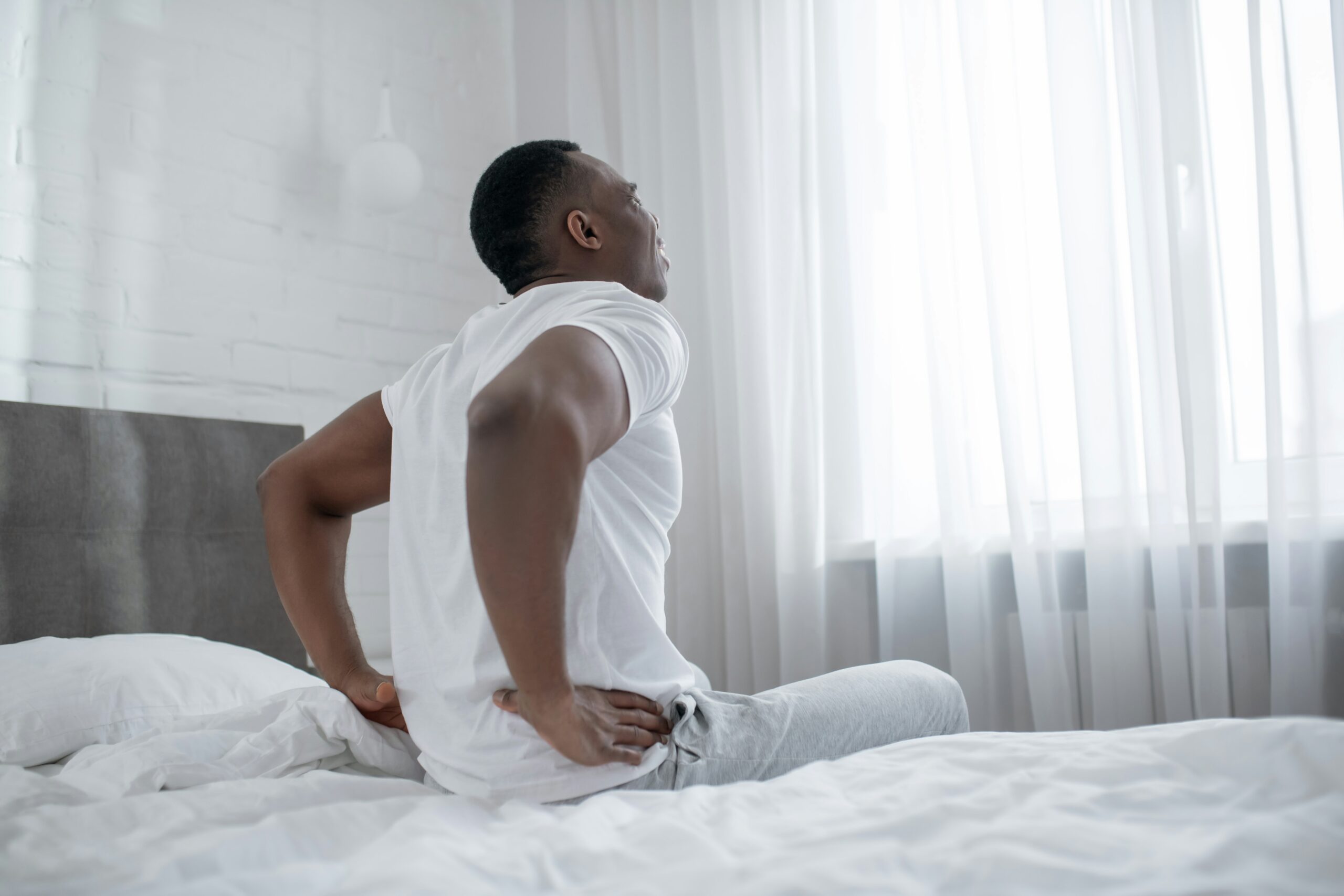
Chronic pain affects millions of people worldwide, often leading to a diminished quality of life. While medical treatments are crucial, lifestyle changes can also play an essential role in managing and even reducing the impact of chronic pain. By adopting healthy habits and making mindful adjustments, individuals can regain control over their pain and enhance their overall well-being. In this article, we will explore how specific lifestyle changes can help those suffering from chronic pain manage their condition more effectively.
Physical Activity and Exercise
Engaging in regular physical activity is one of the most effective ways to manage chronic pain. Initially, it may seem counterintuitive to move more when experiencing pain, but exercise can actually help reduce pain over time. Low-impact activities such as walking, swimming, and cycling can strengthen muscles and improve joint flexibility, thereby providing relief from pain caused by conditions like arthritis or fibromyalgia.
Moreover, exercise promotes the release of endorphins, the body’s natural painkillers, which help elevate mood and reduce the perception of pain. It is essential to start slowly and gradually increase the intensity of exercise to avoid injury. Consistency is key, as regular movement not only helps to manage pain but also boosts overall physical and mental health.
Diet and Nutrition
What we eat has a direct impact on our health, including chronic pain levels. A well-balanced diet rich in anti-inflammatory foods can help reduce the intensity of chronic pain. For instance, foods such as fatty fish (like salmon and mackerel), leafy greens, nuts, and fruits like berries are known to have anti-inflammatory properties. Including these foods in the daily diet can decrease inflammation in the body, which often contributes to chronic pain.
Additionally, maintaining a healthy weight through proper nutrition can reduce stress on joints and muscles, thereby alleviating pain, especially for those with conditions like osteoarthritis. Avoiding processed foods and excessive sugar can also help minimize inflammation, making it easier to manage pain in the long run. Transitioning to a more balanced diet may require time, but the benefits are worth the effort, providing not just pain relief but also improved energy levels.
Sleep and Rest
Getting enough restful sleep is crucial for anyone dealing with chronic pain. When we sleep, our bodies have the opportunity to repair themselves and recharge for the day ahead. Poor sleep quality can exacerbate pain by increasing sensitivity to it and affecting mood, making pain more difficult to tolerate. People with chronic pain often experience sleep disturbances, which can create a vicious cycle of pain and fatigue.
To improve sleep quality, it is essential to establish a regular sleep schedule, creating a consistent routine of going to bed and waking up at the same time every day. Additionally, creating a calming bedtime routine—such as reading a book, meditating, or practicing relaxation techniques—can signal to the body that it’s time to wind down. Ensuring a comfortable sleep environment, such as using supportive pillows and a mattress that aligns the spine, can further enhance sleep quality, helping to break the cycle of poor rest and chronic pain.
Stress Management and Mental Health
Chronic pain is not just a physical experience—it also takes a toll on mental health. High levels of stress and anxiety can intensify the perception of pain, making it harder to manage. Therefore, stress management is an essential aspect of living with chronic pain. Incorporating mindfulness practices, such as meditation, deep breathing exercises, or yoga, can help alleviate stress and improve mental well-being.
Furthermore, engaging in activities that promote mental relaxation, such as spending time in nature or listening to soothing music, can significantly reduce stress. Therapy and counseling can also be valuable tools for managing the emotional toll of chronic pain, helping individuals cope with their condition healthily and constructively. By addressing both the physical and mental aspects of pain, individuals can achieve a more balanced approach to managing their chronic pain.
Social Support and Connection
Social interaction plays a crucial role in managing chronic pain. It’s easy to feel isolated when dealing with ongoing discomfort, but having a support system can provide much-needed encouragement and understanding. Connecting with family, friends, or support groups can help reduce feelings of loneliness and provide an outlet for expressing frustrations or seeking advice.
Moreover, maintaining social relationships can offer a distraction from pain, helping individuals focus on activities that bring joy and fulfillment rather than their symptoms. Being part of a supportive community can also provide valuable information on coping strategies and treatment options that others may have found helpful. Feeling understood and supported can enhance emotional well-being, making it easier to manage chronic pain holistically.
Adopting New Habits for Long-Term Relief
Managing chronic pain is a lifelong journey, and adopting sustainable lifestyle changes can provide long-term relief. Gradually incorporating healthier habits, such as staying active, eating a balanced diet, and prioritizing mental well-being, can help improve pain management and enhance overall quality of life. It’s important to remember that progress may take time, but consistency is essential.
As you make these changes, remember to listen to your body and adjust accordingly. Working with healthcare professionals, such as physical therapists or dietitians, can offer personalized guidance and support, ensuring that lifestyle changes are tailored to your unique needs. With patience and persistence, lifestyle modifications can help you manage chronic pain more effectively, allowing you to live a healthier, more fulfilling life.
While chronic pain can feel overwhelming, lifestyle changes provide an empowering approach to managing it. By focusing on physical activity, diet, sleep, stress management, and social support, individuals can take control of their condition and reduce the impact of pain on their daily lives. These changes not only help manage pain but also promote overall health and well-being, offering a holistic approach to living with chronic pain.